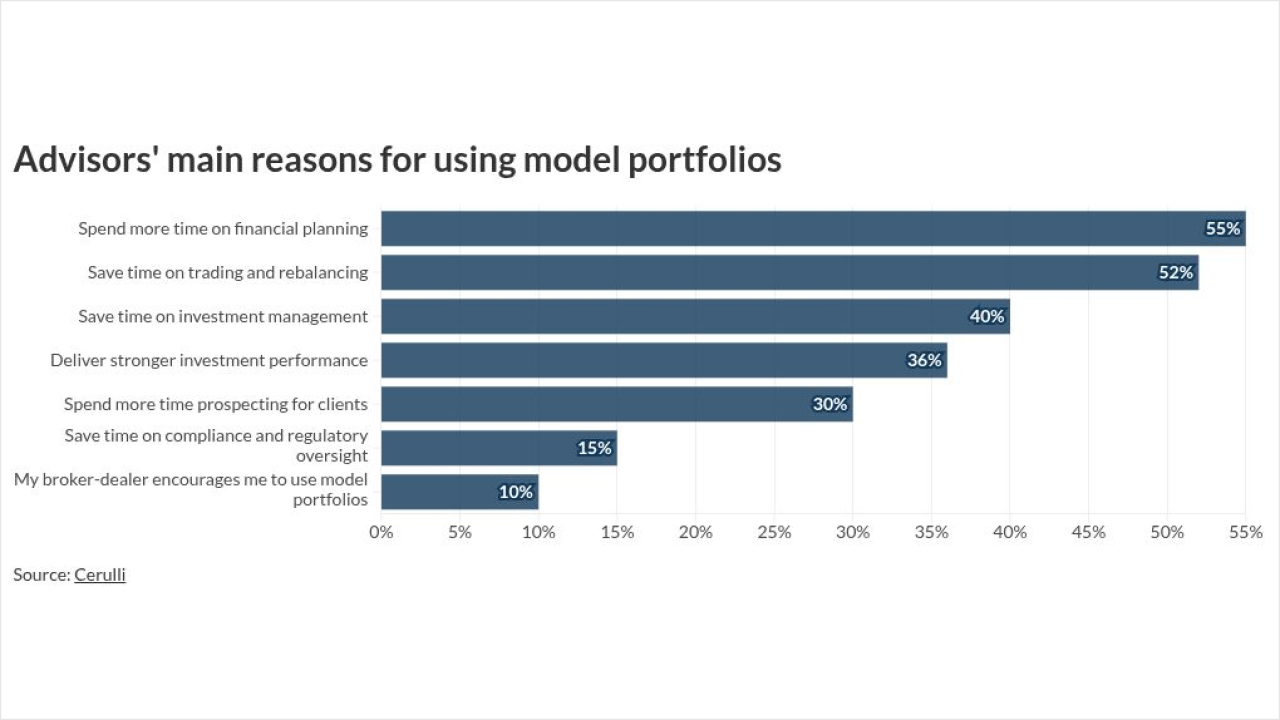MIAMI -- The sovereign debt crisis is not over. Greece’s debt is still 160 percent of its gross domestic product.
The banking crisis is not over, particularly in Europe, where banks supply most of the capital that foster growth in their economies.
But that’s not the biggest headwind facing Western economies, said William Lee, managing director of Citigroup Investment Research & Analysis at NICSA’s 30th Annual Conference and Expo.
The biggest headwind: “Persistent current account deficits,’’ Lee said. Translate: Trade deficits
The combination of sovereign debt, banking and trade problems are serious. “These forces are tearing apart the foundation of the Euro area," Lee said.
But the trade account deficits, in particular, show "deepseated structural problems" and come as the center of gravity in world trade is moving from trading corridors in the West to trading corridors in the East.
The United States’ trade balance is an indicator. The U.S. Census Bureau and the U.S. Bureau of Economic Analysis reported total exports of $178.8 billion and imports of $227.6 billion in December.
That resulted in a goods and services deficit of $48.8 billion, up from $47.1 billion in November. The goods deficit increased $1.8 billion from November to $64.3 billion, even with slight gains in automotive related exports, for instance.
That’s just a short-term snapshot. Deficits persist – and come as trading patterns shift.
The biggest single trading corridor right now is Western Europe to Western Europe, Lee noted. That accounts for 25 percent of global trade.
But by 2030 its share will be down to 9 percent and by 2050 to 6 percent.
Taking its place will be trade inside Asia, between Asian trading partners. That will account for 28 percent of global trade.
There will be some flows from Asia to Western Europe. But the biggest beneficiary will not be Western countries. The biggest beneficiary will be Australia.
Compounding the problem is that debt levels in advance economies are very high, making it hard to robustly invest in growing those economies.
Greece, for instance, has a sovereign debt to gross domestic product ratio of 160 percent, he noted.
Its austerity program is aimed at getting that down to 120 percent. Why? Because that’s Italy’s level.
What does the Maastricht Treaty, signed in 1991 to create the European Union, recommend?
60 percent.





